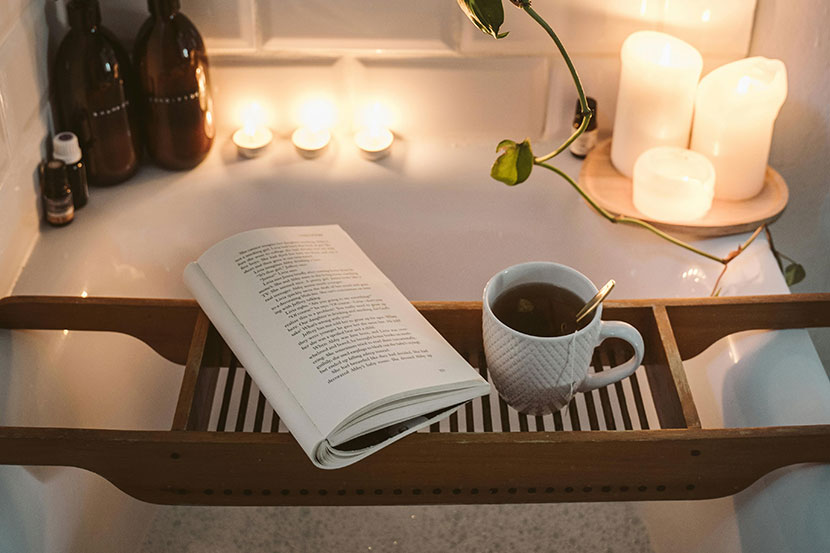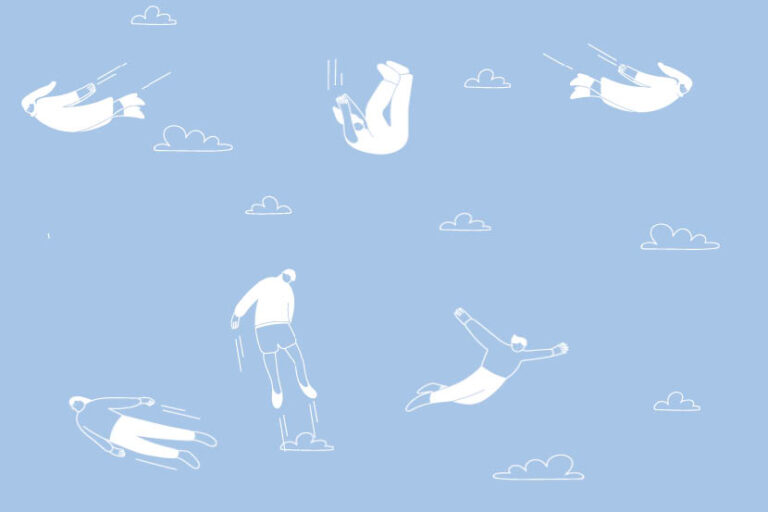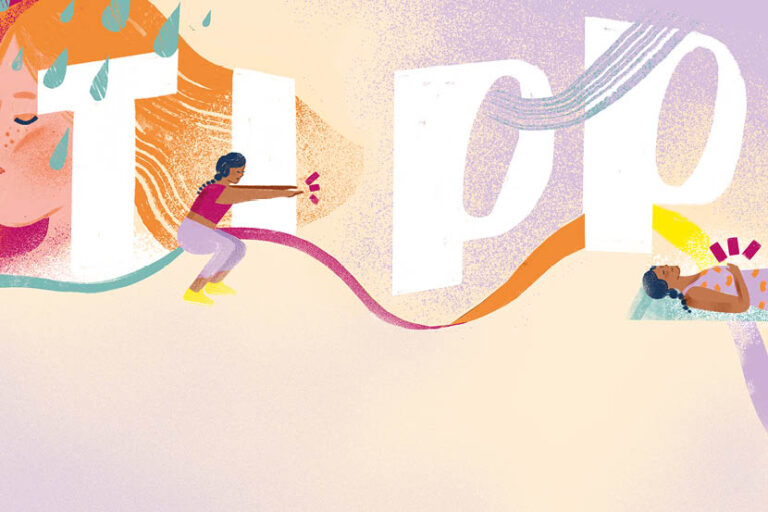
How to claim back more of our most precious resource
What would you do with an extra hour in the day? Start working on a creative project? Take up an arts class or new hobby? Launch a side hustle or business idea? Or perhaps simply use the opportunity to slow down a little, take more time for self-care, to meditate, daydream, walk the dog, or curl up with a great book? Maybe you’d go to bed an hour earlier. The idea of gaining an extra hour – that’s 60 minutes or 3,600 seconds – is a tantalising prospect, however you’d choose to use it.
Not having enough time, or being time-poor, is a common complaint. Time is a precious resource – it can be savoured, exploited, frittered away, or even given to others. But it’s also worth remembering that everybody has exactly the same amount – 24 hours each day. And what you do with it is ultimately up to you. There’s an old proverb about money: ‘Take care of the pennies and the pounds will take care of themselves.’ This same philosophy could be applied to time. If you’re aware of what you’re doing from moment to moment then the hours are less likely to slide by.
And by being more mindful about how you spend your minutes, the hours saved can start to add up. With a few simple tweaks and some prioritising, that hour of free time becomes more than just a pipedream.
One way to save time, if you have the means, is to buy it. A research article in the scientific journal PNAS found that working adults reported greater happiness after spending money on a time-saving purchase rather than a material one. This might be purchasing the services of a cleaner, gardener, or dog walker, using an ironing facility, having supermarket shopping delivered, choosing meal kits or vegetable delivery boxes, or purchasing devices like a slow cooker, coffee maker, or washer-drier. Choosing to set aside a portion of your disposable income for buying back time could be an investment in health and happiness.
A good step towards working out whether you’re spending time wisely is to start sorting the meaningful experiences from the empty ones. This definition will vary from person to person. The key is to be clear about your own priorities. Some people, for example, might find it richly satisfying to spend an afternoon reading their favourite blogs and keeping in touch with friends online. For many others those hours might be better spent offline.
In his book Time and How to Spend It, author and speaker James Wallman says misspending time is like winning the lottery but only taking some of the winnings. He sets out seven rules for richer, happier days to help people focus on what matters to them and discard waste-of-time ‘junk experiences’.
No two people are exactly alike in what they see as meaningful use of time, but some generalisations can be made.
James’s seven rules are summed up by what he calls the STORIES guide – prioritising things that provide or promote:
- Stories to share
- Transformation, or a sense of growth and purpose
- Outdoor and offline activities
- Relationships
- Intensity that creates a state of flow
- The Extraordinary
- A sense of Significance
‘If you want to save time, sorting the junk experiences from the meaningful ones is really important,’ he says. You might need to put rituals or systems in place that allow this, ‘For example, repeatedly checking emails might not be a good use of time so limit yourself to doing it in batches at set times of day.’
If you’re unsure where your time goes, try keeping a detailed diary for a week.
In her book Everything is Figureoutable, entrepreneur, speaker, and web TV host Marie Forleo lists society’s biggest time drains as social media, email checking, the internet in general, inefficient meal planning and prep, traffic and commuting, lengthy meetings, television, running errands, and playing with your phone. If you’re unsure where your time goes, try keeping a detailed diary for a week. How does it tally with how you’d like to be spending your days? Marie’s tips for freeing up more quality time are cutting media consumption, setting a limit on how often you check email and inboxes, and putting more planning into meals with batch cooking.
She writes: ‘The hour you spend browsing the internet could be used to write a few paragraphs of your memoir. You’d have a workable first draft within a year. The two hours you spend watching TV each night could instead be used to learn a new language, study for that degree, or work on a relationship you really care about.’
Time is precious so it makes sense to use it wisely. Whether that’s enjoying an early night with a book you love, going out for a long walk, or writing a thesis, the definition of wisely is totally up to you. And with a few tweaks it might be possible for you to bank an hour a day for yourself.


















